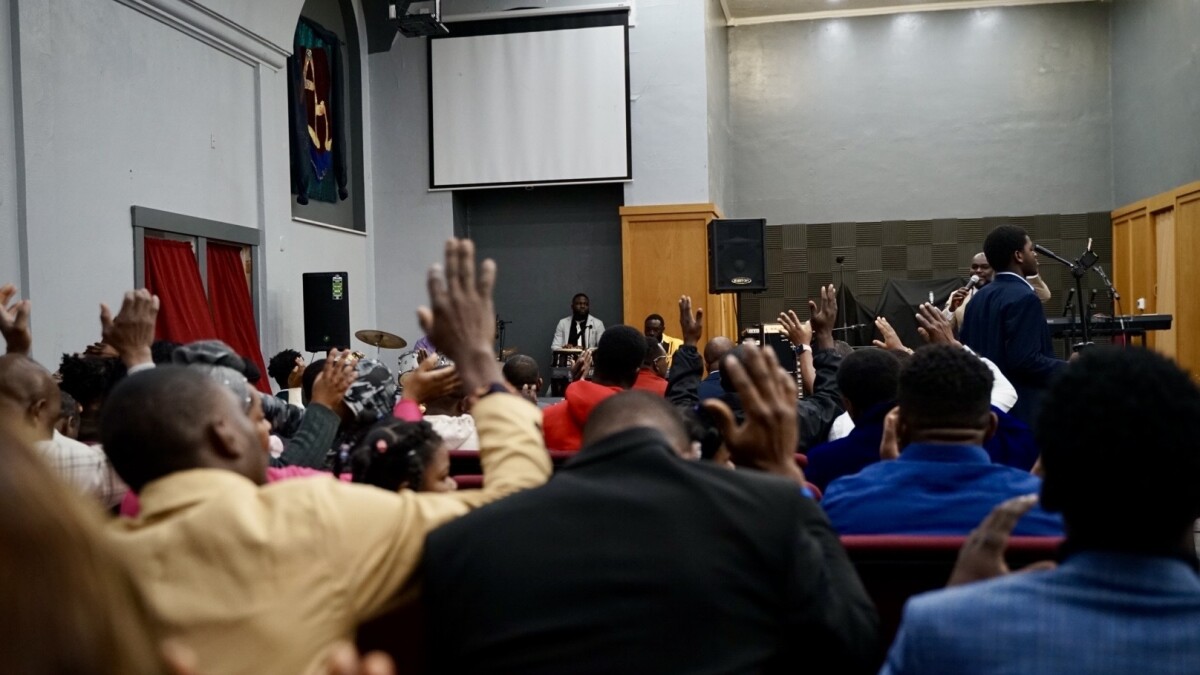
Charleroi turnaround at risk after Trump announces end to Haitian immigration program
- 17.03.2025 05:30
- wesa.fm
- Keywords: Pastor Randy Ord, Carolyn McCuen
The First United Methodist Church in Charleroi has grown significantly due to Haitian immigrants fleeing instability in Haiti. However, Trump's decision to end their immigration program threatens this community, with many facing deportation. This could lead to a loss of church members and strain on local businesses and schools reliant on immigrant workers.